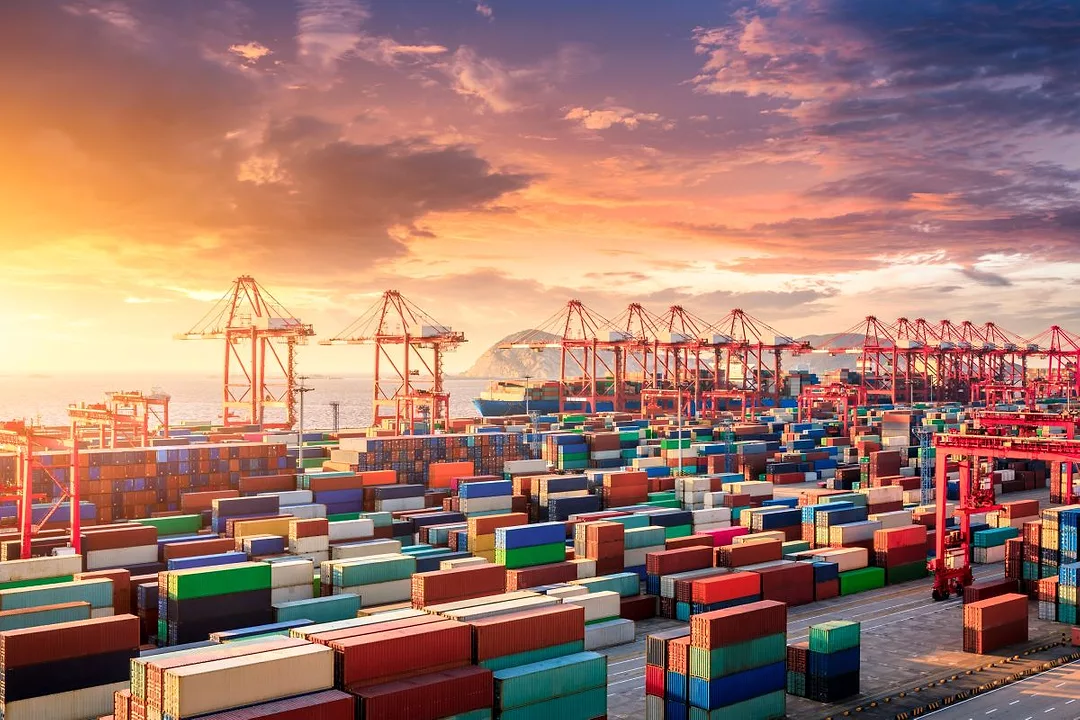China is undergoing a significant transformation, transitioning from what has long been known as the “world’s factory” to a central “global supply chain hub.” This shift is outlined in a recent report from the China Federation of Logistics & Purchasing (CFLP), which highlights the impact of evolving economic conditions, increasing trade protectionism, and rapid technological advancements. The findings were reported by state broadcaster CCTV News on September 9, 2023.
According to the CFLP, the report evaluates the development of China’s supply chains from 2024 to 2025. It emphasizes that China has made considerable progress in modern logistics and advanced manufacturing. Currently, there are approximately 80 national-level advanced manufacturing clusters distributed throughout the country. This infrastructure positions China to play a vital role in the global supply chain landscape.
Accelerating Digital Transformation
The report also reveals that China is witnessing a rapid digital transformation within its supply chains. The penetration rate of artificial intelligence (AI) in logistics has now exceeded 37%. Notably, the highest adoption of AI is observed in transport optimization scenarios, where the penetration rate reaches an impressive 78.18%. These advancements indicate a move towards more efficient and technologically integrated operations.
Chinese enterprises are evolving their strategies, shifting from traditional “product exports” and “capacity exports” to a new phase characterized by “industrial and supply chain exports.” This transition reflects a broader aim to enhance global competitiveness and foster collaborative ecosystems beyond national borders.
Building International Ecosystems
The CFLP’s findings suggest that different manufacturing clusters in China are beginning to collaborate in creating overseas ecosystems. This strategic alignment is expected to facilitate resource sharing and innovation, further solidifying China’s position as a key player in international supply chains.
As the landscape of global trade continues to evolve, China’s commitment to modernizing its logistics and manufacturing sectors could have far-reaching implications. With its focus on technological integration and international collaboration, China is not only reshaping its own economic future but also influencing supply chain dynamics worldwide.
The developments outlined in the CFLP report underscore a critical moment for global trade and manufacturing, highlighting how nations are adapting to new economic realities. As China moves forward as a global supply chain hub, the ripple effects will likely be felt across various industries and economies around the world.


































































